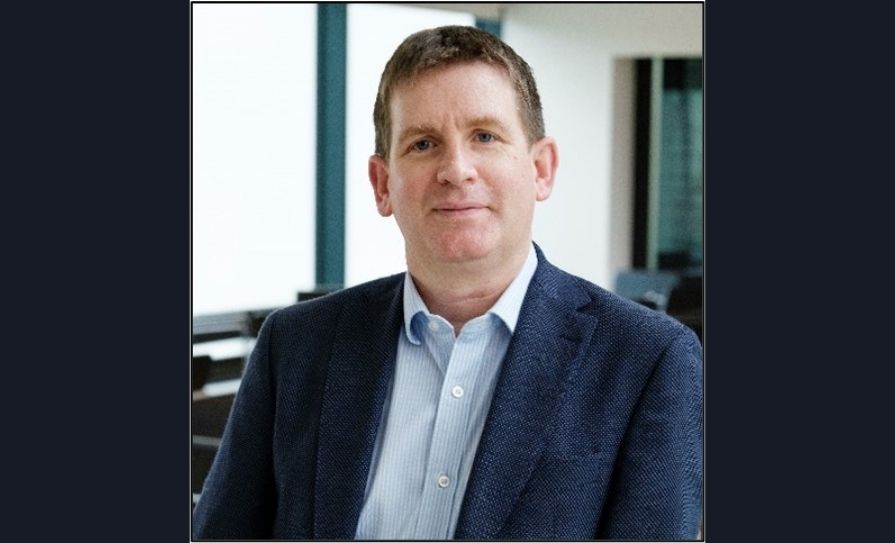The HSE needs to put greater focus on retaining healthcare staff than is currently the case, Mr Stephen Mulvany, acting HSE CEO, told the National Health Summit in Croke Park.
Speaking during an onstage interview, Mr Mulvany admitted the Executive must “work harder and better on retaining staff”.
He added that staff are not only concerned about pay and conditions, but want to be in the optimal position to provide care for patients.
“That to me is the secret to retention,” said Mr Mulvany. “We are losing more staff, there is no doubt about it. The level of turnover… is much higher than it was last year.”
Mr Mulvany referred to staff burnout after the Covid-19 pandemic as one of the reasons for the high level of turnover.
“Are some staff burned out? Yes, of course they are.”
He added that a number of staff delayed their retirement during Covid-19, “and some people delayed travel during Covid, so it is a complex [situation]. There is no one factor.”
On recruitment, Mr Mulvany said the HSE hired 17,800 additional staff between January 2020 and December 2022.
“So there has been more recruitment. But I think retention…that is the area we need to focus more on, because there are only so many staff that you are ever going to be able recruit.”
Earlier at the Summit, attendees heard warnings from the former Deputy Chief Medical Officer at the Department of Health that workforce retention difficulties will threaten policy goals.
Dr Ronan Glynn, who left his Department role last May and is now Health Sector Lead at EY Ireland, told the meeting the health service is facing numerous challenges. These include an ageing population, increased multi-morbidity, inequalities in access to health and “addressing the increasing cost in healthcare provision”.
Dr Glynn added that all these factors will lead to “additional requirements” in terms of the healthcare workforce.
“But it is coming at precisely the time that the WHO [World Health Organisation] is predicting an 18 million global shortfall in the health workforce by 2030,” he warned. “We know the pandemic has had an enormous impact on the healthcare workforce, who were working in extremely pressurised conditions and burnout and fatigue are very real issues.”
Dr Glynn said that retention and recruitment “are key challenges for health systems internationally and Ireland is no different”.
“We are seeing increasing rates of turnover; we are seeing many employees who were due to retire now retiring.”
He noted recent research from the Economic and Social Research Institute predicting the acute care sector will require “up to a 32 per cent increase in doctors, nurses, and allied health professionals by 2035”.
“Increasingly, the key question that is going to have to be asked for any new health initiatives proposed across the health system – where is the workforce going to come from to facilitate the implementation of that initiative?”













Leave a Reply
You must be logged in to post a comment.